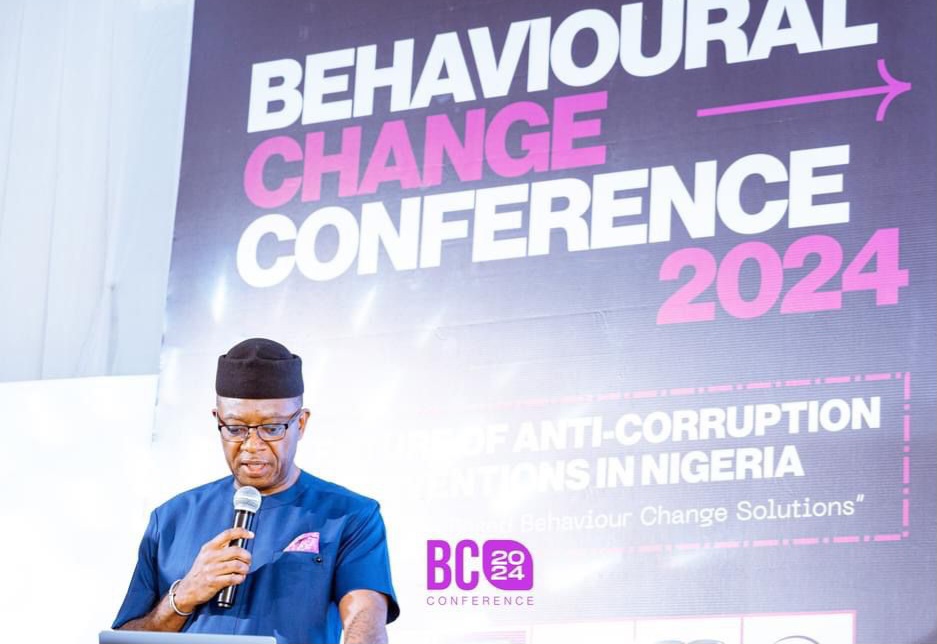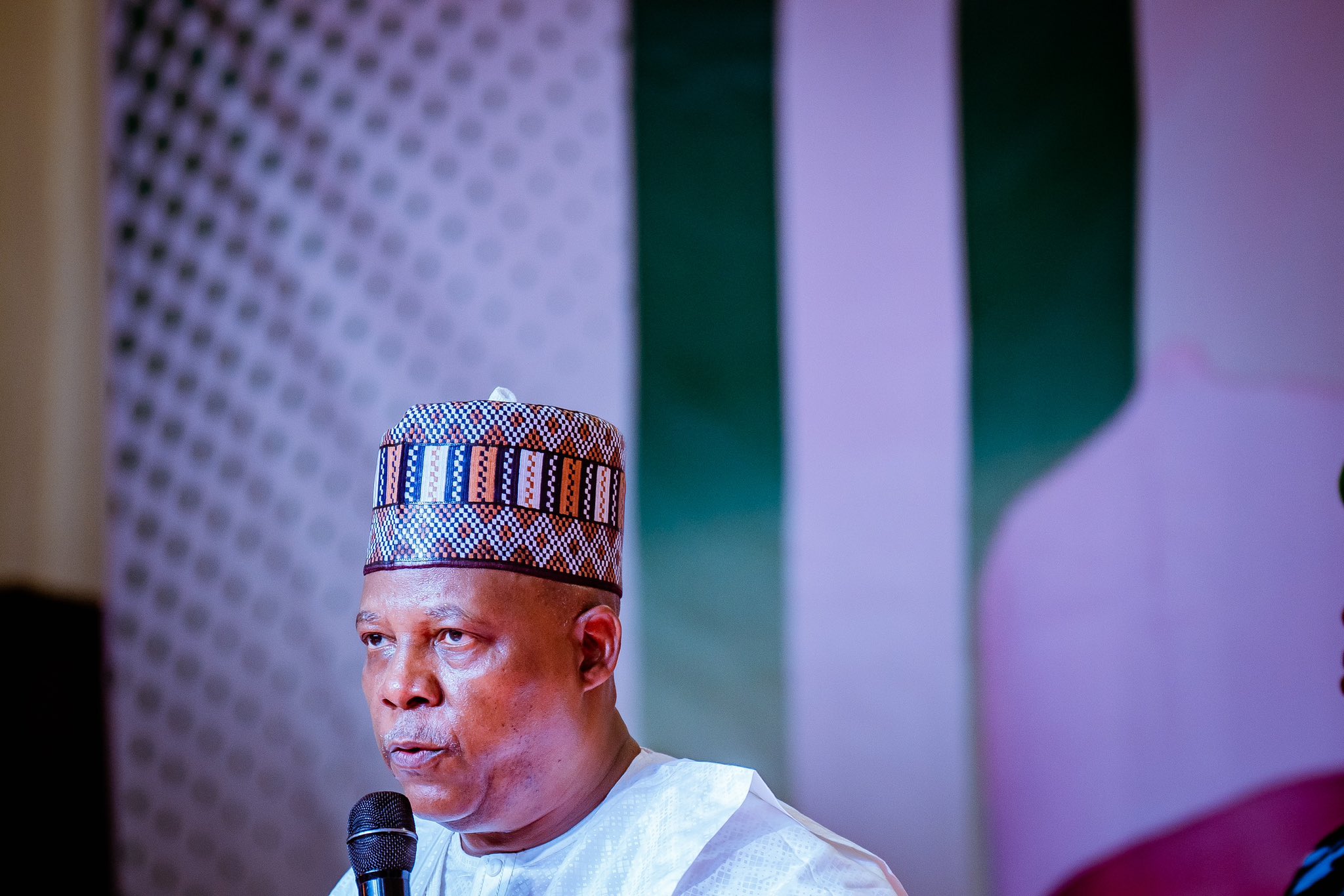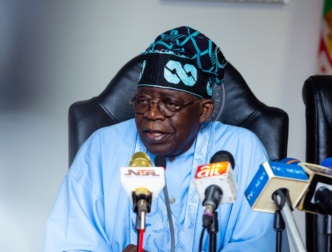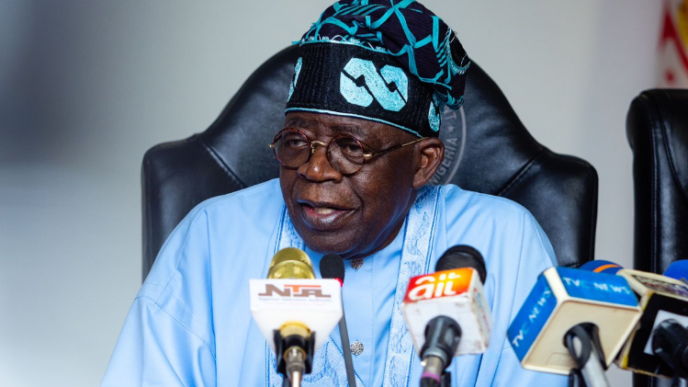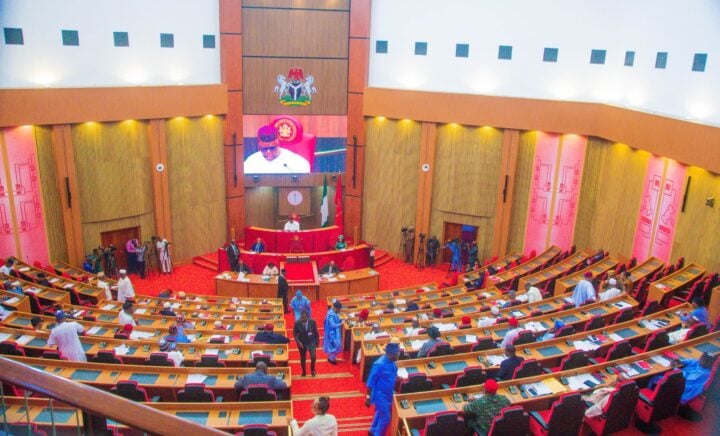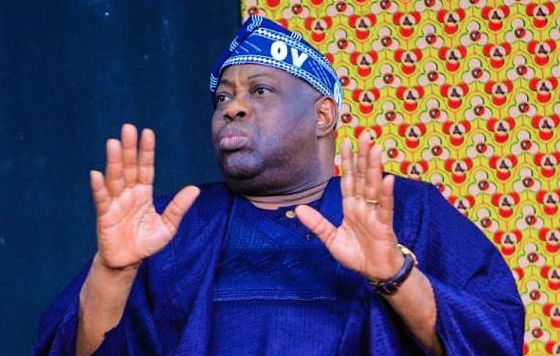Joe Abah, a former director-general of the Bureau of Public Service Reforms (BPSR), says there is a need to remove opportunities for corruption in the country.
Abah spoke in Abuja on Tuesday at the 2024 behavioural change conference the Akin Fadeyi Foundation organised and supported by the MacArthur Foundation.
“Corruption has been described by many as a binding constraint. In economics, binding constraints are those that, unless they are removed, would not allow growth and progress,” he said.
“Corruption distorts economic growth, undermines public institutions, exacerbates social inequalities, scares away foreign investors, and underdevelops human capacity.
Advertisement
“However, it would not be prudent to wait until the constraint of corruption is totally removed before striving for development. Countries like China, India, Brazil, and Indonesia are rapidly growing despite significant levels of corruption.
“I am of the view that the key issue around corruption is the presence of opportunity. I am convinced that if the opportunity is there, many people will perpetuate corruption regardless of need, greed, culture, or ethics.
“Where efforts are not made to constrain corruption, perhaps the only constraint could be values, where someone chooses not to be corrupt because they have a reputation or family name that they wish to protect.
Advertisement
“However, in societies like Nigeria where the lines between right and wrong have been blurred, relying on intrinsic values is like expecting an amateur swimmer to swim against a very strong current.”
He said there must be behavioural approaches to tackling corruption in the country, noting that such measures emphasise the need for strategic communication that highlights the consequences of corruption and the damaging effect that it has on society.
“However, external pressure alone is not enough. Billboards asking people not to be corrupt do not work, and catchy jingles advocating against corruption are only as effective as the label on cigarette packets that says, ‘Smoking will kill you.’ It doesn’t stop anyone from smoking,” he said.
“That is why it is so important that we also appeal to the intrinsic values inculcated in us from birth and take advantage of our religiosity.
Advertisement
“Some here may not be aware that about 10 years ago, the EFCC produced a document that went through the entire Bible and Quran and produced a guide for preachers to use in their sermons, based on scriptural passages denouncing corruption.”
Speaking also, Otive Igbuzor, the founding executive director of the African Centre for Leadership Strategy and Development, said there is a great need to promote value-driven leadership through behaviour change in Nigeria to win the war against corruption.
“Leadership has been recognized as the most important variable that affects organisations, institutions, and nations,” Igbuzor said.
“Scholars are agreed that everything rises and falls on leadership. Value-driven leadership is very important for youth, especially in a country where corruption is widespread.
Advertisement
“Behaviour change can alter habits, attitudes, and actions to align with core values. There are case studies of how behaviour change has driven and fostered value-driven leadership.”
Advertisement

